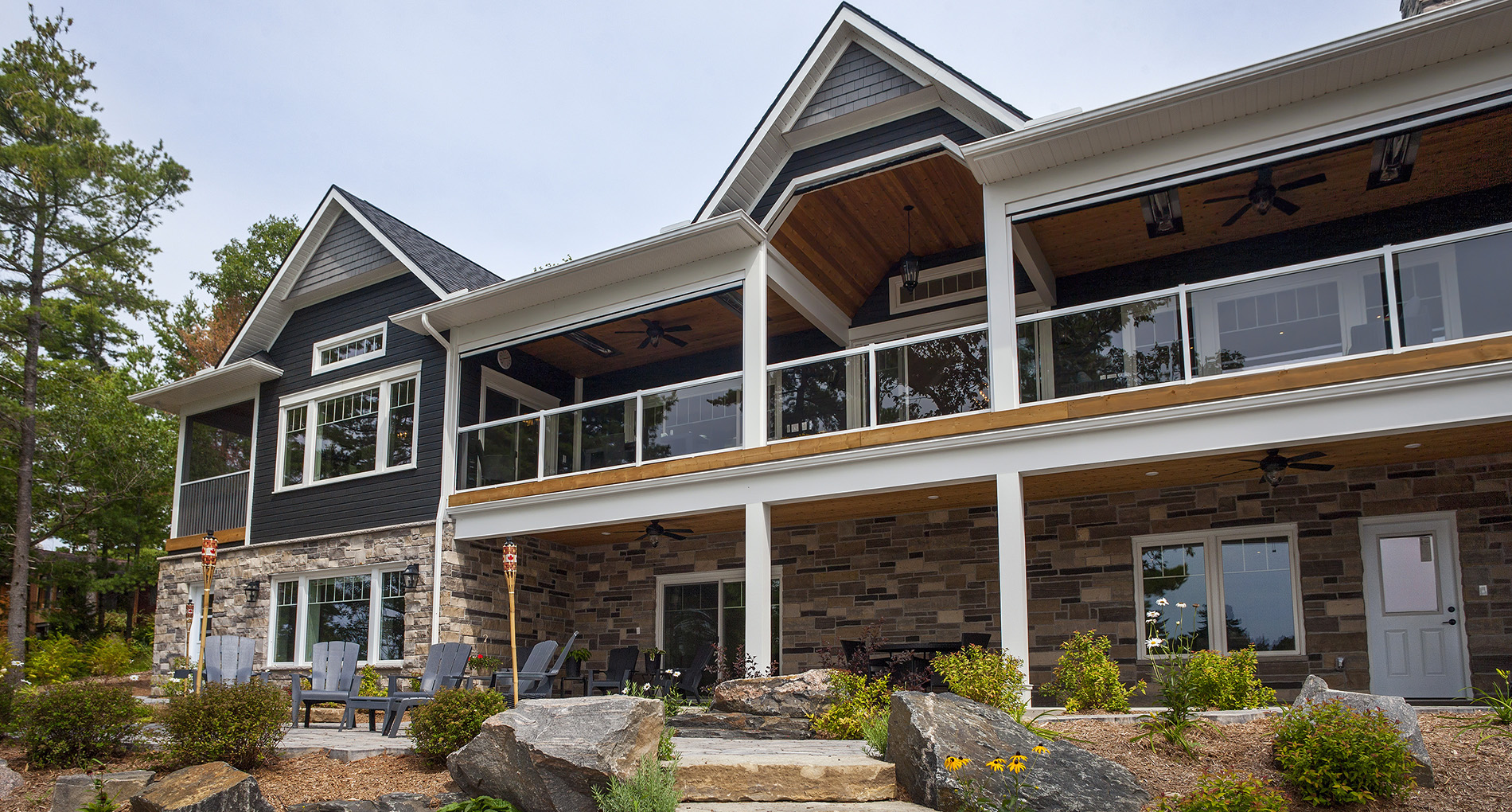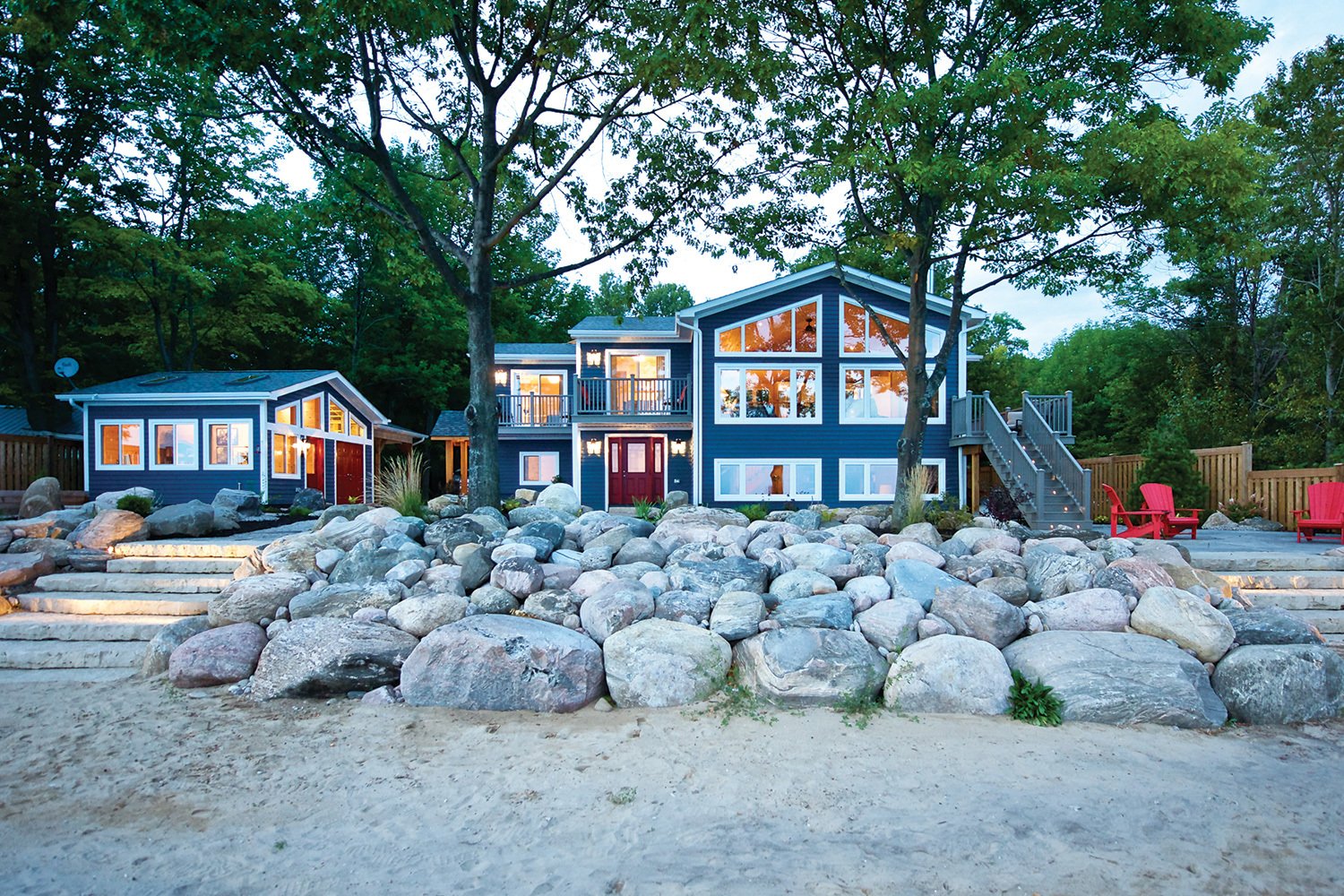It may not feel like it, but the type of soil can have a big impact on the foundation of a custom built house. If the foundation of the house isn’t constructed efficiently, correctly and safely, the house will not last. The soil that the foundation of a house is set in acts like a foundation to the house’s foundation. Let us look at which soils support houses and which don’t.
Loam
Loam is a usually a combination of sand, clay, and silt. If you look at it, it is dark in color. If you touch it, it will feel soft, dry and crumbly. The properties of loam make it great for supporting foundations. It also maintains water at a balanced rate.
Rock
Rock is very strong and is a great choice to support foundations. Part of the reason is because of rock’s stability and depth. There are many types of rock which are suitable to support the foundation of a house. Some of these types of rock are bedrock, sandstone, shale, hard chalk, limestone and so on. All of these rocks have a high capacity for load. The only thing that builders need to make sure of is that the rock is level.

Types of soil which aren’t ideal to support houses
Peat
When you look at peat, you should see a soil which is dark brown or black. It is unsuitable to support a house on this soil because the soil keeps shifting and changing.
Clay
Clay stores water very well because of all of the tiny particles it is made off. This water-bearing property makes it expand when it is moist and shrink when it dries. This can put a lot of pressure on the foundation of a house which will eventually cause the foundation to crack. This makes clay not suitable to support a house.
There are many different types of soil in Canada. Ask your builder which type would be ideal for your location as he/she will be able to give you professional advice.
